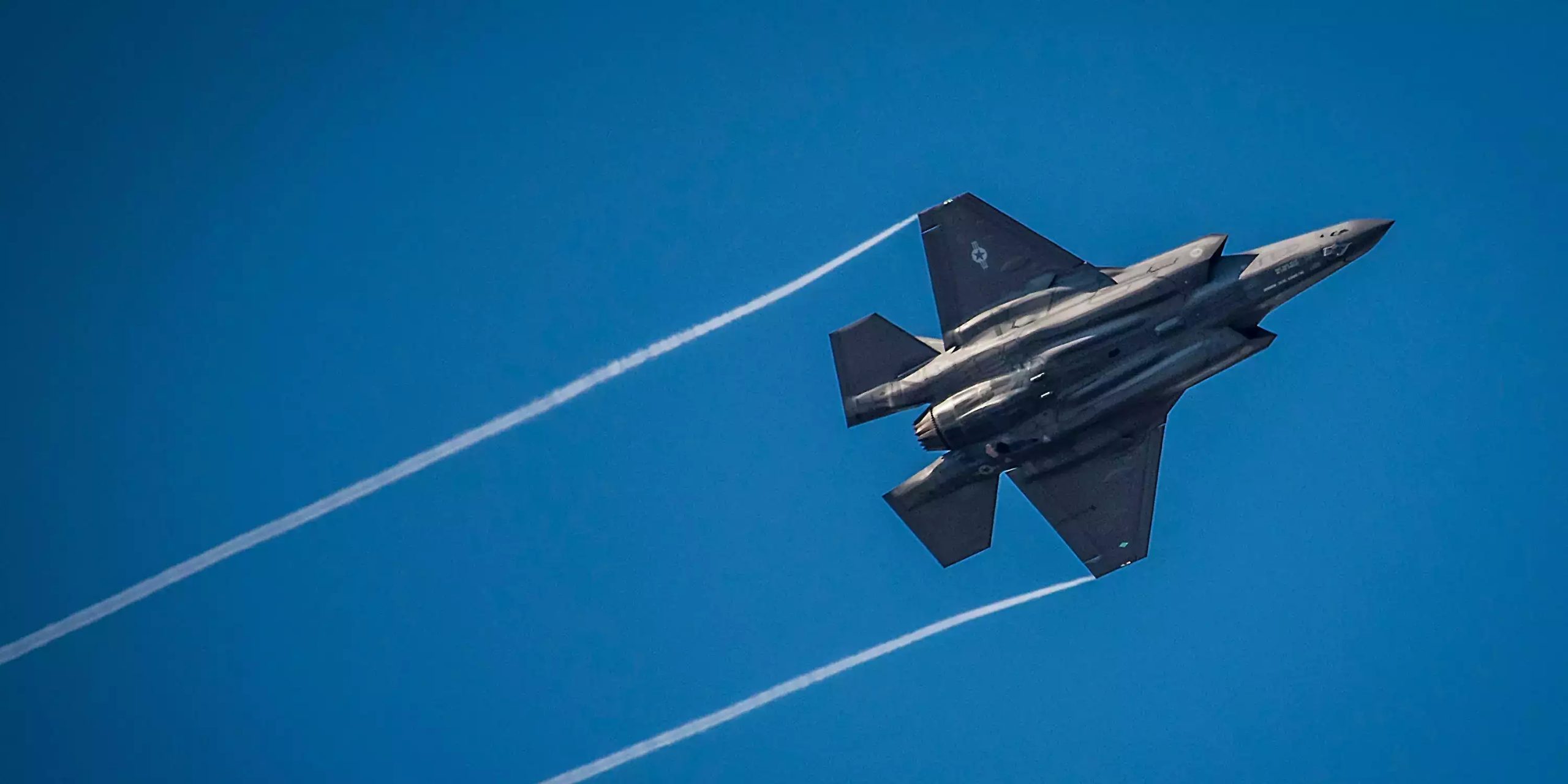Japan is scaling back its military build-up plans due to a 10% drop in the value of the yen since December, which has increased the cost of US-made defense equipment that Japan intended to purchase, according to Reuters. The initial budget plan of $320 billion, announced in December, was based on an exchange rate of 108 yen per dollar. However, the yen has since weakened, reaching 151 yen per dollar earlier this week. This has resulted in higher costs for major acquisition programs such as the F-35 stealth fighter and Tomahawk cruise missile, as the defense ministry does not hedge against foreign-currency volatility.
In response, Japan is reallocating its budget to prioritize spending on frontline weapons manufactured in the US, which would be crucial in the event of a conflict with China. This shift in focus means less funding will be available for secondary equipment like support aircraft. For example, the planned order of 34 Chinook transport helicopters has been reduced to 17 in next year’s budget request due to a 5 billion yen increase in their cost, half of which is attributed to the weak yen. Additionally, the purchase of two ShinMaywa Industries US-2 seaplanes has been canceled due to a significant price increase since three years ago.
The decision to scale back the military build-up comes amid rising geopolitical tensions and the need for Japan, a US ally, to be prepared for potential conflicts with China. Meanwhile, the decline in the yen’s value is a result of Japan’s ultra-loose monetary policy, which has reduced the country’s competitiveness compared to other global markets. While the Bank of Japan has recently eased its yield curve control to allow yields to rise, analysts suggest that more measures are needed. Deutsche Bank’s recent note states that yen volatility will persist until the central bank raises interest rates and ends its quantitative easing campaign.
Since the beginning of this year, the yen has depreciated by 12% against the dollar. This decline in value has implications for Japan’s defense spending and its ability to fulfill its military build-up plans.

I have over 10 years of experience in the cryptocurrency industry and I have been on the list of the top authors on LinkedIn for the past 5 years.

